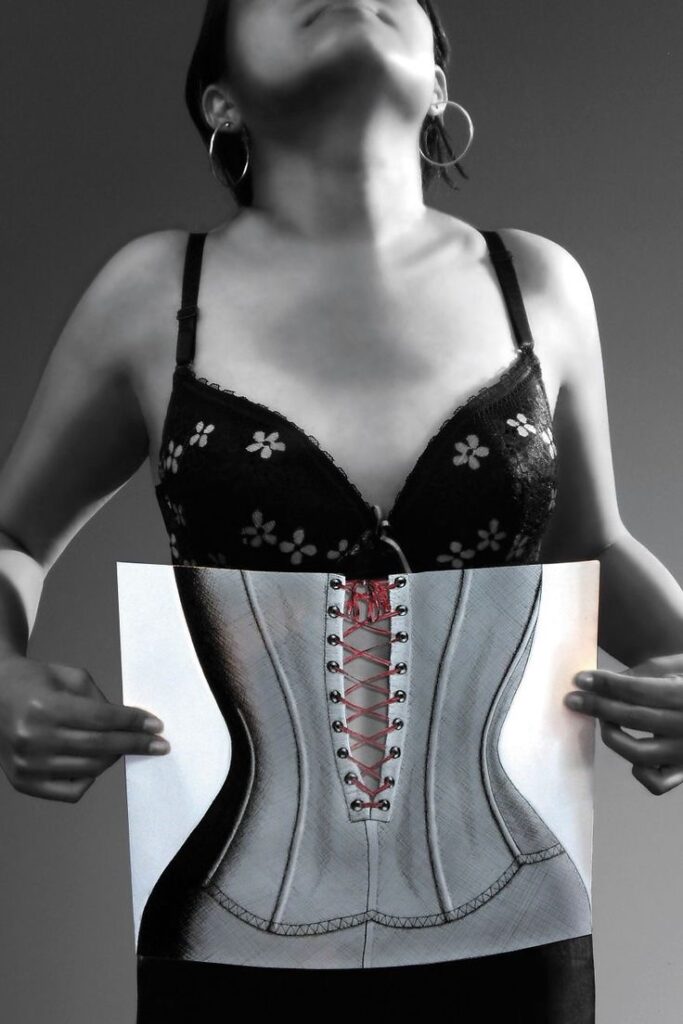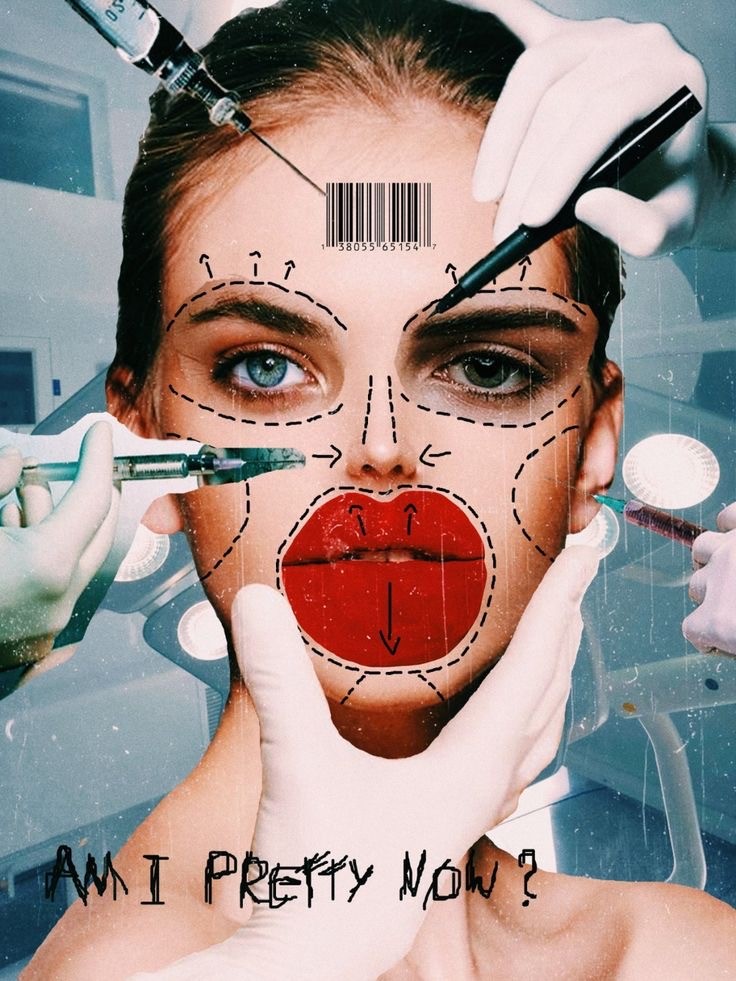The world’s unhealthy fixation on beauty has triggered an explosive surge in the clamour for cosmetic procedures, sparking vital debates about the profound role of culture in shaping our ideals of attractiveness. Cosmetic surgery isn’t merely a frivolous pursuit; it’s a powerful mirror reflecting the intricate dance between societal values and the way we perceive beauty on a personal level.
Above all, we must acknowledge that beauty standards reflect a complex tapestry of cultural variation. What a particular culture finds appealing may be in striking contrast to the values upheld by another. This diverse understanding of beauty is the result of complex historical, social, and cultural influences. For instance, a youthful, thin appearance frequently reigns supreme as the pinnacle of attractiveness in many Western countries. While other Eastern cultures may place more value on pale skin and delicate features. This sharp distinction highlights the pure subjectivity of beauty as well as the dominant role that culture has had in defining it.
Yet, these culture-bound beauty standards wield a double-edged influence. They can bestow a sense of identity and belonging upon those who align with them, but they also bear the bitter fruit of fostering feelings of inadequacy and exclusion for those who don’t naturally fit the mold. For these individuals, cosmetic surgery can appear as an alluring solution, driven by cultural coercion and the yearning to assimilate.

Cosmetic surgery is celebrated as a rite of passage in several societies, especially among young women. Consider South Korea, which is well-known for its shockingly high rates of plastic surgery, where young women regularly choose treatments like rhinoplasty and double eyelid surgery in an effort to look more Westernised. This is a good example of the complex interplay between cultural concepts of beauty and historical influences, including the ongoing American military presence in South Korea, as well as a desire to adopt Western standards.
The media has a significant influence, frequently creating as well as reinforcing beauty standards. It bombards us with pictures of models and celebrities who personify the standards of beauty that are typically unreachable without the use of cosmetic treatments. Especially for individuals who don’t naturally fit these unattainable moulds, the media has a significant impact on how people feel about themselves and how they see their bodies.
The reach of these standards has increased as social media platforms have spread around the globe. Instagram, TikTok, and similar platforms have given rise to a completely new level of aesthetic comparison and rivalry. Filters and photo-editing applications distort reality even more, feeding the fires of unrealistic beauty standards. The obsession with perfect appearances in this digital age has led to an increase in cosmetic surgery as people try to match the carefully curated online representations of themselves.

Furthermore, let’s not underestimate the pivotal role that cultural influences play in how we perceive and embrace cosmetic surgery. In certain cultures, cosmetic enhancements are greeted with open arms and acceptance, while in others, they still remain shrouded in stigma and secrecy. The cultural lens through which we scrutinise cosmetic surgery doesn’t merely affect its prevalence; it moulds the entire narrative surrounding these transformative procedures.
It is impossible to overestimate how closely cultural elements, beauty standards, and cosmetic surgery are related. In addition to influencing our perceptions of beauty, culture also upholds the standards and expectations it establishes. It’s important to understand the significant influence of society on how we view beauty and to realise the dangers that arise when people feel pressured to have cosmetic surgery in order to meet these frequently unreachable standards.
As we march forward, it’s absolutely imperative that we cultivate a profoundly inclusive and diverse perspective on beauty, one that not only respects but ardently celebrates the vibrant mosaic of cultural ideals, and wholeheartedly champions self-acceptance. Cosmetic surgery must be a deeply personal decision, untethered from any cultural mandate, empowering individuals to enhance their appearance if they so desire, free from the relentless tug of external expectations. It’s only when we embark on this journey of embracing our own unique beauty and value that we can boldly traverse the complex labyrinth of cultural beauty norms and cosmetic surgery with unshakable empowerment and unwavering self-worth.
Sources




